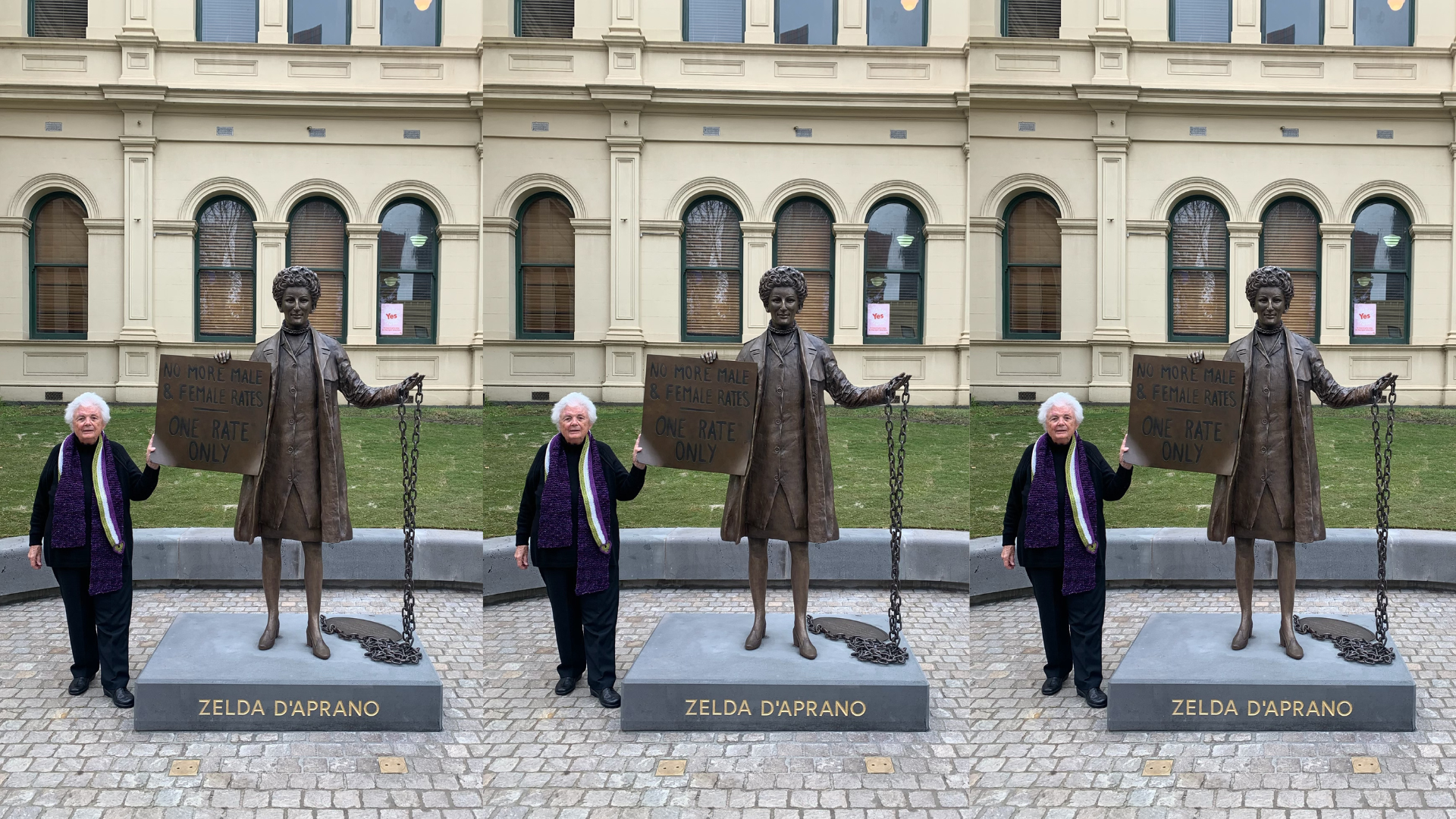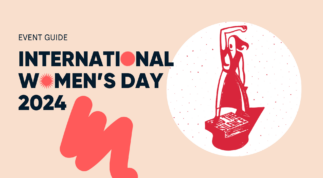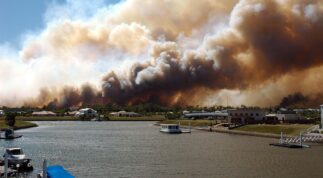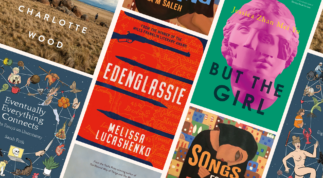Alva Geikie is among the few remaining feminist activists who helped establish the Women’s Action Committee in 1970, a precursor to the Women’s Liberation Movement in Melbourne.
Over the last few years, Alva has dedicated hours towards preserving the history of this formative period in Australia. Recently, the State Library of Victoria acquired Alva’s extensive collection of original documents, photographs, speeches, and newsletters, recognising its significance as a resource for future generations.
Her two volume history The Women’s Action Committee and the Women’s Liberation Movement, Melbourne 1969-1975 comprises the core of the archive. VWT communications manager spoke with Alva about her archival work, and why this record is so important to the Australian feminist movement.
Ally Oliver-Perham: Why is preserving this history so crucial?
Alva Geikie: To me, the Women’s Liberation movement was one of the greatest social movements of the 20th century. And it’s important that we know about it.
I’ve seen a couple of documentaries in the last couple of years, one was on revolutions of the 20th century, and women’s liberation was completely ignored. There was another one about changes in the 20th century and it wasn’t in that either. As far as I’m concerned, this needs to be recorded.
I also wanted to preserve this history so we realise that women can do things when they want to. They don’t have to stick to a mould and do what everybody else is doing.
Your historical record work, The Papers of Alva Geikie, is to be placed in the State Library of Victoria, as part of the official archive. What does this mean for the legacy of the women’s movement?
Well, it encourages women today. In the movement in the 70s, and 80s, we looked back to the suffragettes. We understood what they had done, particularly in England, where they had a terrible, terrible time. And they inspired us.
Of course, between the suffragettes and us, there were so many other women’s organisations that really tried hard to improve women’s lives. Particularly the UAW (Union of Australian Women). They’re wonderful people. So it inspires people, gives us confidence to think about what we could possibly do. One of the difficulties for women today is realising that we can cooperate to get things done.
There were so many hundreds of women involved in the women’s liberation movement. We had meetings, demonstrations with 3,000 women, which means there were probably 5,000 more at home, wishing that they could go to our demonstrations.
The Women’s Lib campaigners really worked hard. Some worked 12 hours a day, for months on end with no pay. And when people do something that’s important, they need to be acknowledged.
How did you get involved with the Women’s Lib movement?
I was teaching at the time and we were going to be granted equal pay in 1971. I thought it was just disgraceful that only 18% of women were going to get equal pay.
Well, when I saw [union activist] Zelda D’Aprano chained to the Commonwealth Building in 1969 to raise awareness about pay equality, I decided that I needed to do something as well. So I contacted Zelda and we decided that we’d get together and have a chat.
I told Zelda, if you’re going to do anything else, I’d be interested. Then I asked my flatmate Thelma Solomon if she’d be interested. And so the three of us chained ourselves up to the Arbitration Court in Melbourne to protest pay inequality. After that, we decided that we really did need a movement, so we started the organisation [Women’s Action Committee] in 1970. And that’s how I got involved.
But I’ve always been a feminist from an early age. I had one brother who tried to tell me what to do, and that didn’t go down too well. Yes, I always knew what I wanted. What I thought was just.
As someone who has been in the movement for such a long time, you have seen gender equality progress. What is your assessment of how far we’ve come?
Look, in some ways, we’ve come a long, long way.
When I talk to young women today, they are full of confidence. [In the 70s] we had a certain amount of confidence, otherwise we wouldn’t have been able to do what we did. But women today, they’ve got a lot more confidence. They may not be doing exactly what we would have done, or they may not go about it the same way. But in their own way, I think all women today in Australia are really striving to have a better life than their parents did and their grandparents.
Women today go ahead and do things, and they’re not afraid to tell what’s happened to them.
For instance, I remember the March4Justice demonstration in Canberra in 2021, when Brittany Higgins was allegedly raped in Parliament House. Women today will tell the details of when they’ve been aggrieved. Whereas in our day, it was more like, ‘this is what’s happening to a lot of women’. We didn’t tell our personal stories in public and so were probably not as effective.
Today, I think women are much more direct. They’ll say exactly what they think, they’re wonderful.
I think they got it from their parents, who got it from the movement. And so it goes on — we got it from the women who came before us, in the suffragettes and all the women in between. And the young women today will get it wherever they see it.
But unfortunately, they’re not taught and don’t study the Women’s Liberation Movement. I quite often ask young people about the suffragettes — they know of them, and very occasionally they’ve heard of the Women’s Liberation Movement, but they’re very vague on that. Yeah, so it’s a bit unfortunate in that respect.
What’s your hope for this archive?
I’m hoping that it will spread out from the archives in the State Library, and go into other libraries too. There’s a big archive in the Melbourne University Archives, in particular the Victorian Women’s Libration and Lesbian Feminist archives. There’s a huge amount in there. And you know, it’s important. It’s a part of history that needs to be preserved and talked about and thought about.
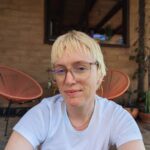 Ally Oliver-Perham
Ally Oliver-Perham
When she’s not managing communications at VWT, you will find Ally cheerfully bouncing on her toddler’s trampoline (with or without said toddler) or sneaking in few pages of a book. With a passion for gender equality, Ally’s interested in meaningful ways we can work together for social good.
